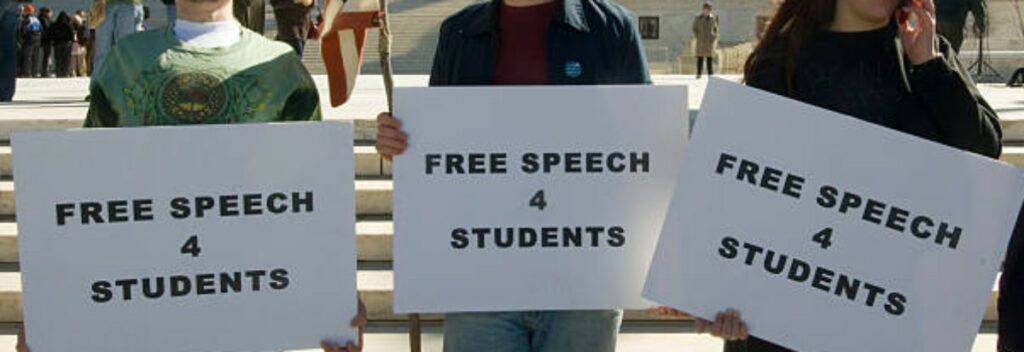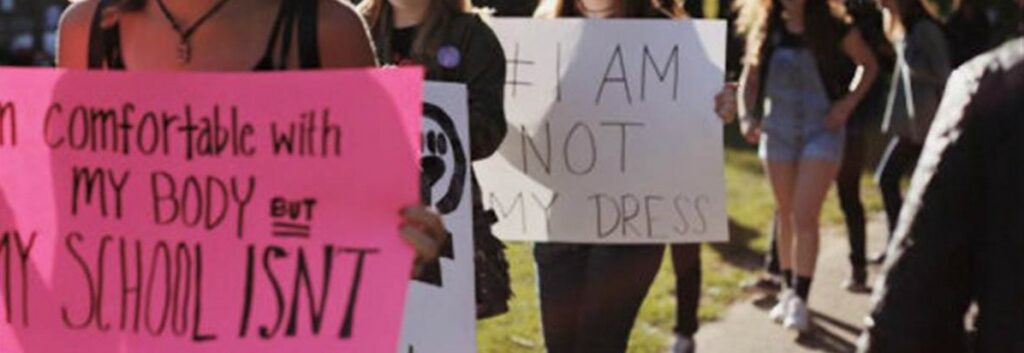Young people have the right to freedom of assembly and to be active participants in their own education. This includes the right of students to form a club where they can meet with others who share their interests. Unfortunately, however, some schools attempt to curtail the rights of young people by banning certain clubs. Often this is done illegally, even when school authorities attempt to give practical reasons for preventing students from meeting.
The Equal Access Act
All students attending a secondary public school are covered by the Equal Access Act (1984). This law makes it illegal for any school that has at least one “non-curricular” club to discriminate on the basis of “religious, political, philosophical, or other content of the speech at such meetings.” This rule applies as long as the club is voluntary, student-initiated, and doesn’t “interfere with the orderly conduct of educational activities.” This means that not only does the school have to allow the club, but also has to provide the same resources it provides to other clubs. This means a school can’t stop you from forming a NYRA chapter.
The constitutionality of the Equal Access Act was challenged and upheld in Board of Education of Westside Community Schools v. Mergens (U.S. Supreme Court, 1990) where a school administration denied permission to a group of students to form a Christian club because the club lacked a faculty sponsor. The school required all clubs to have a faculty sponsor, but wouldn’t provide the Christian club with one to avoid any charges that the school was endorsing a particular religion. The students sued, alleging a violation of the Equal Access Act and the Court agreed that since the school permitted other non-curricular clubs, it was prohibited under the Equal Access Act from denying equal access to any after-school club based on the content of its speech.
The Equal Access Act also protects the rights of students to form other types of clubs considered “controversial.” In the last twenty years, schools have been sued in over a dozen separate cases for not allowing students to form a Gay Straight Alliance club at their school. Students won in all of those cases for violating the Equal Access Act.
And even though the Equal Access Act does not cover colleges and universities, public institutions are also required to grant student religious organizations the same rights of access to use campus facilities as other recognized student groups, as decided in the cases of Widmar v. Vincent (Eighth Circuit Court of Appeals, 1981) and Rosenberger v. Rector and Visitors of the University of Virginia (U.S. Supreme Court, 1995).
Student Clubs
Because it is illegal to ban student clubs solely on political, religious, or philosophical grounds, school administrators often come up with other reasons to ban them. Schools may require students to get their parent’s permission to join or tell them that they need a minimum number of students. They may put up other roadblocks, such as saying that the school lacks funds, or that they can’t find a faculty advisor. Schools have also banned all student clubs just in reaction to a club they find objectionable. However, if any club is singled out, no matter the reason, the school is probably breaking the law. And even in cases where schools treated all student clubs the same, the school may still be guilty of violating students’ rights.








